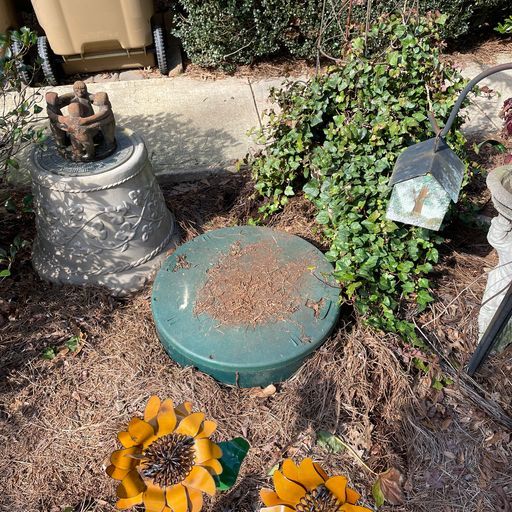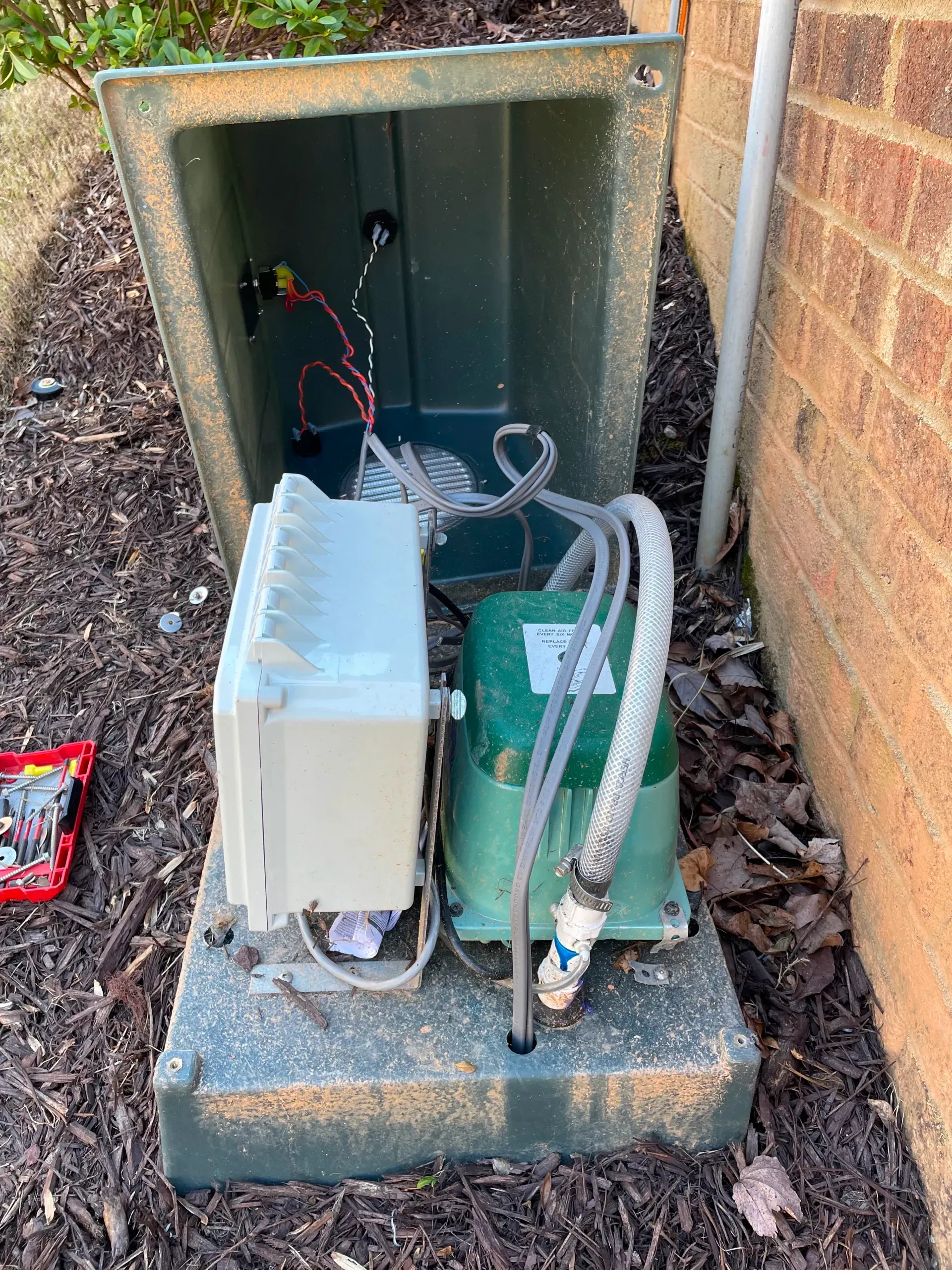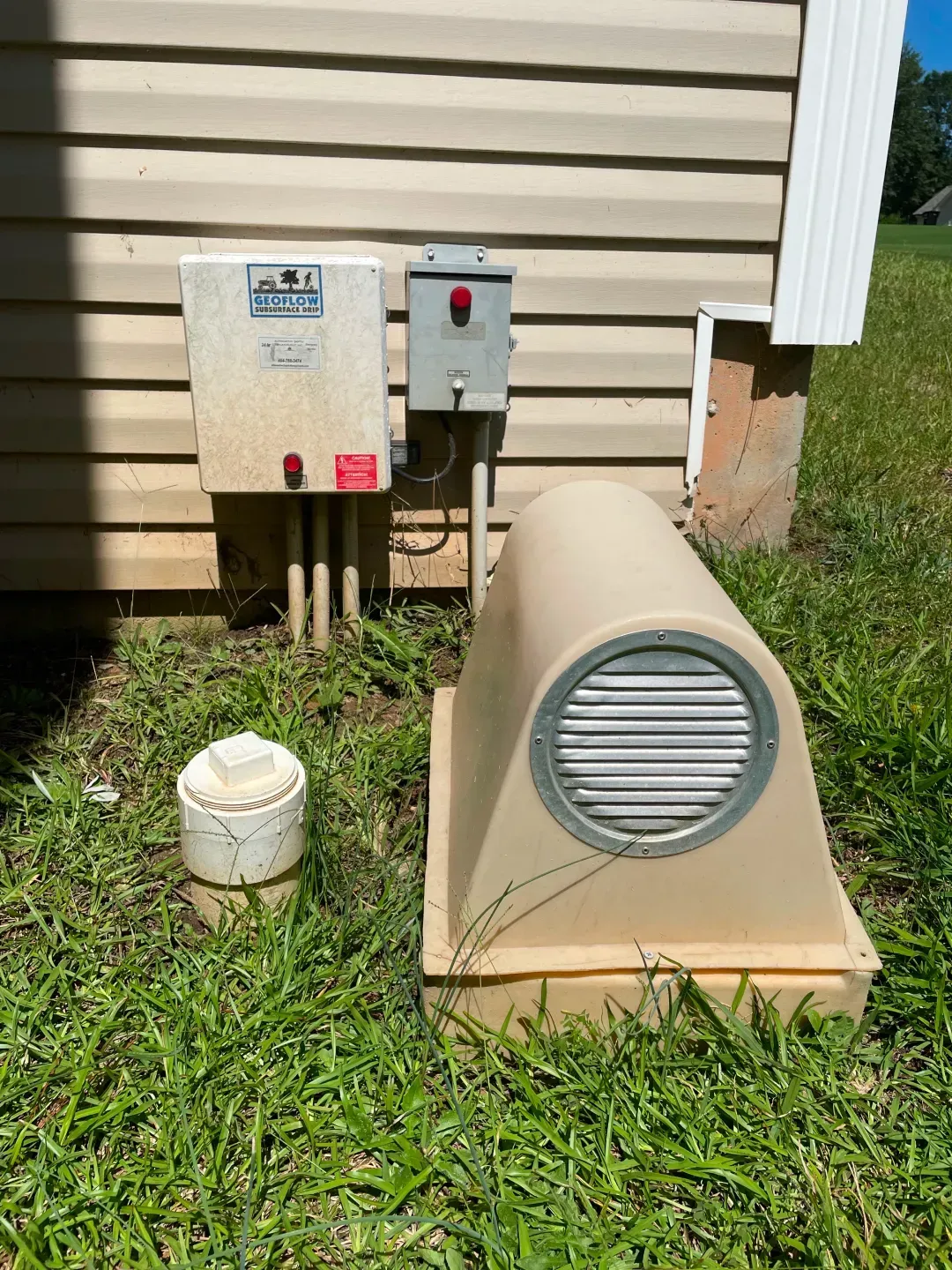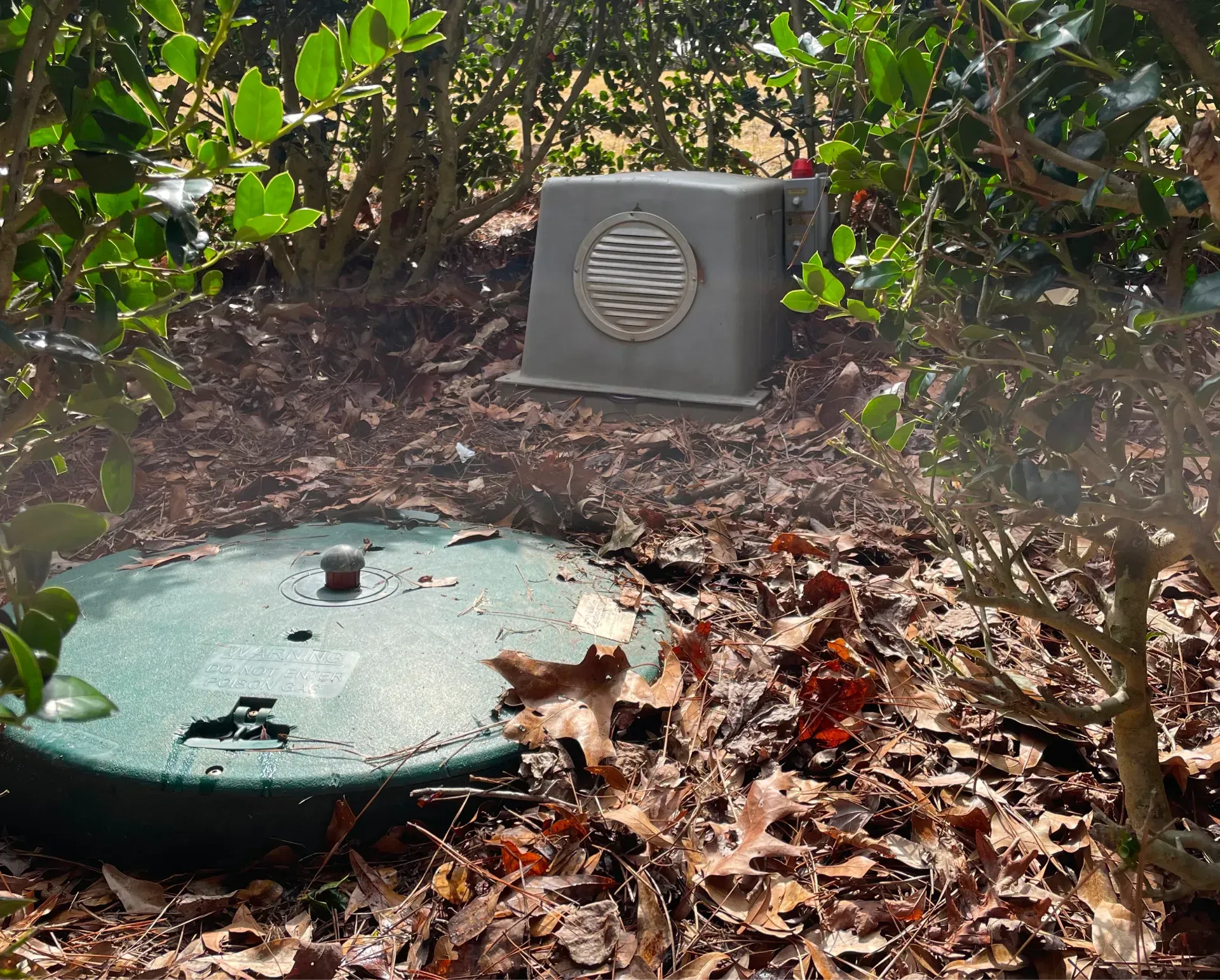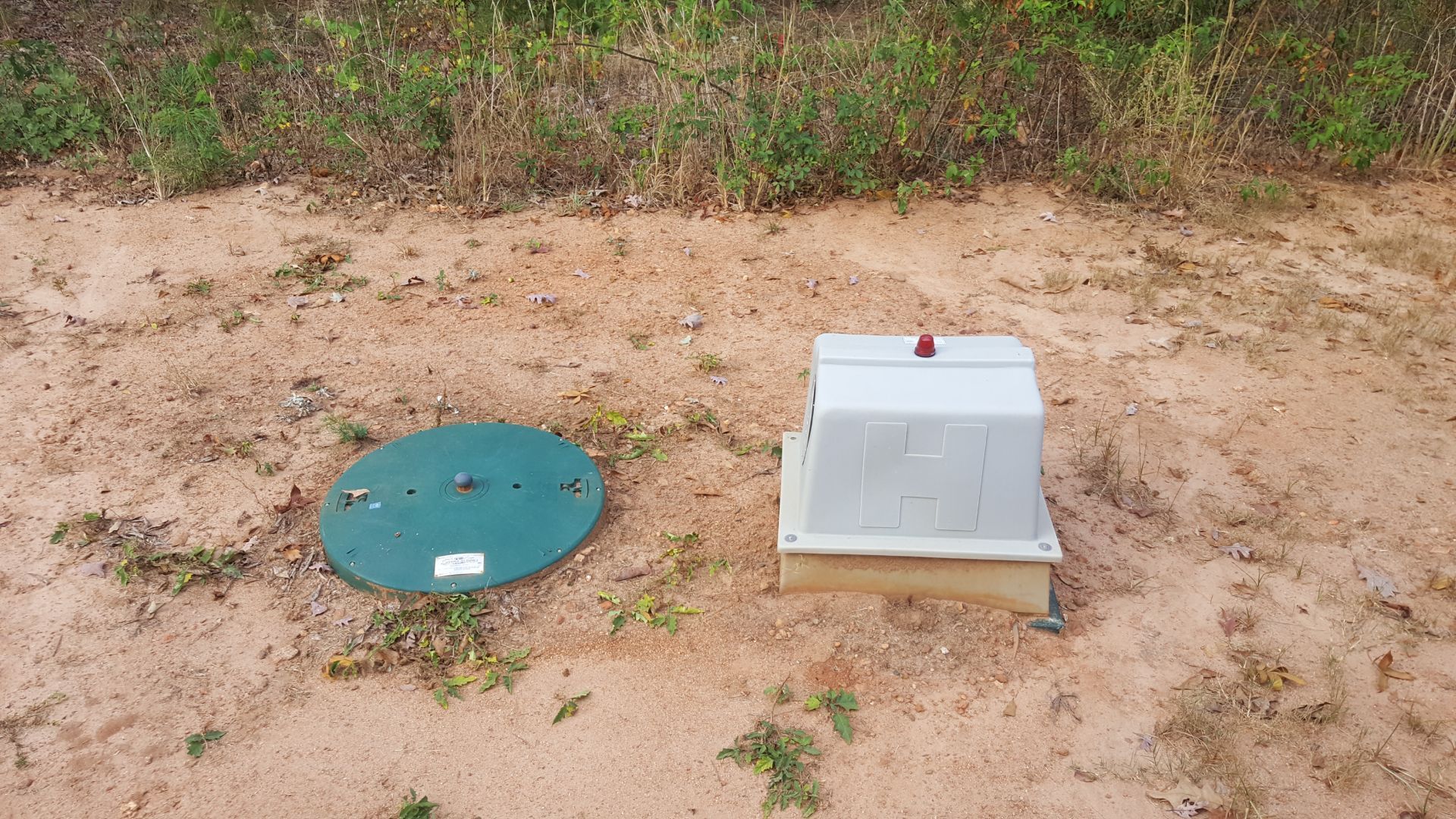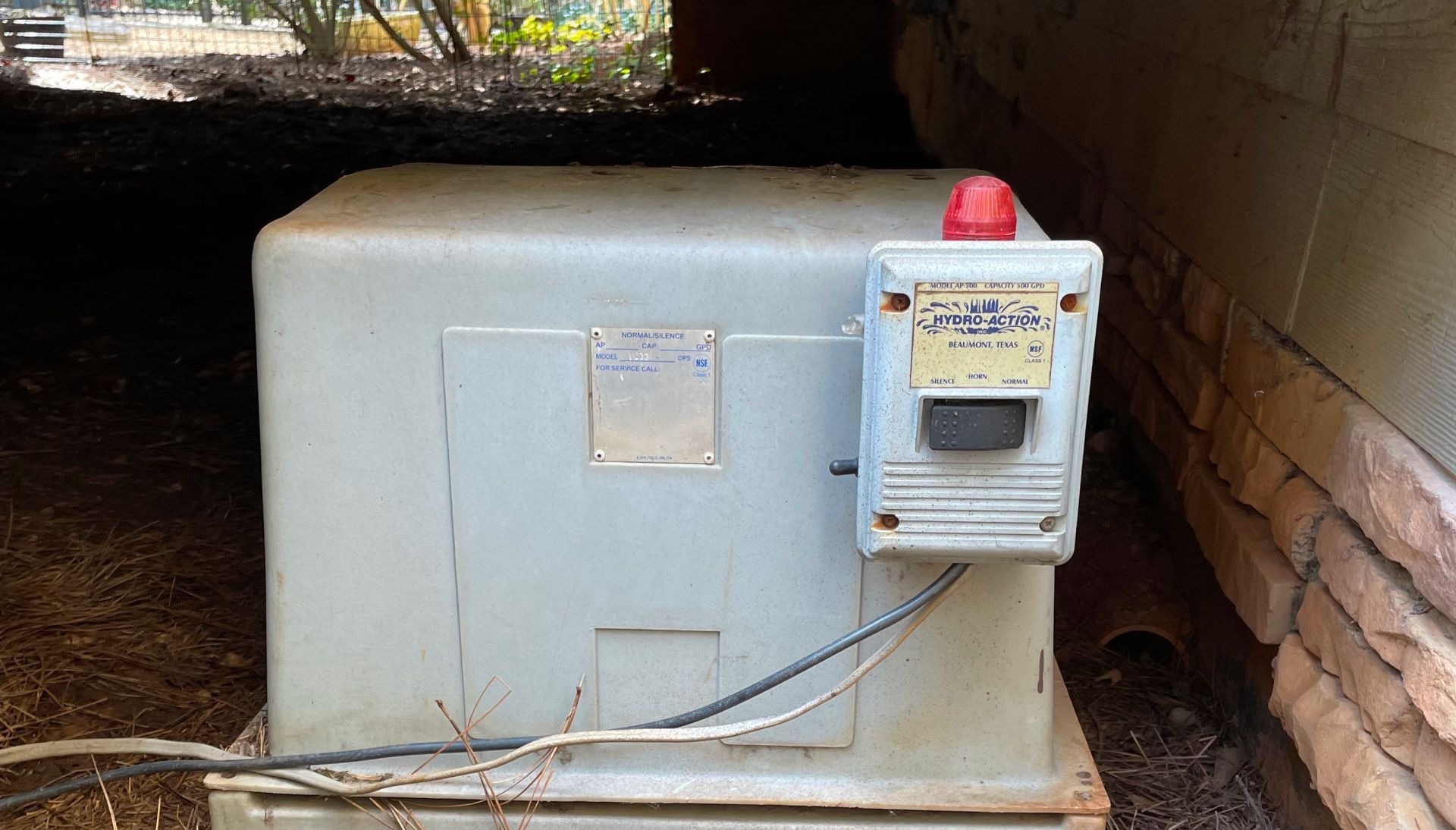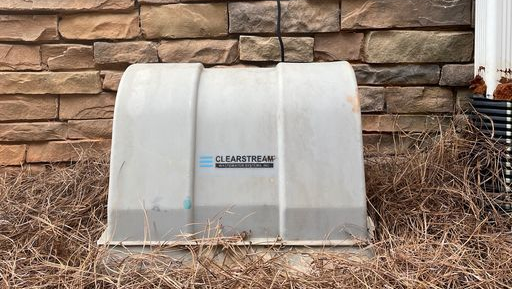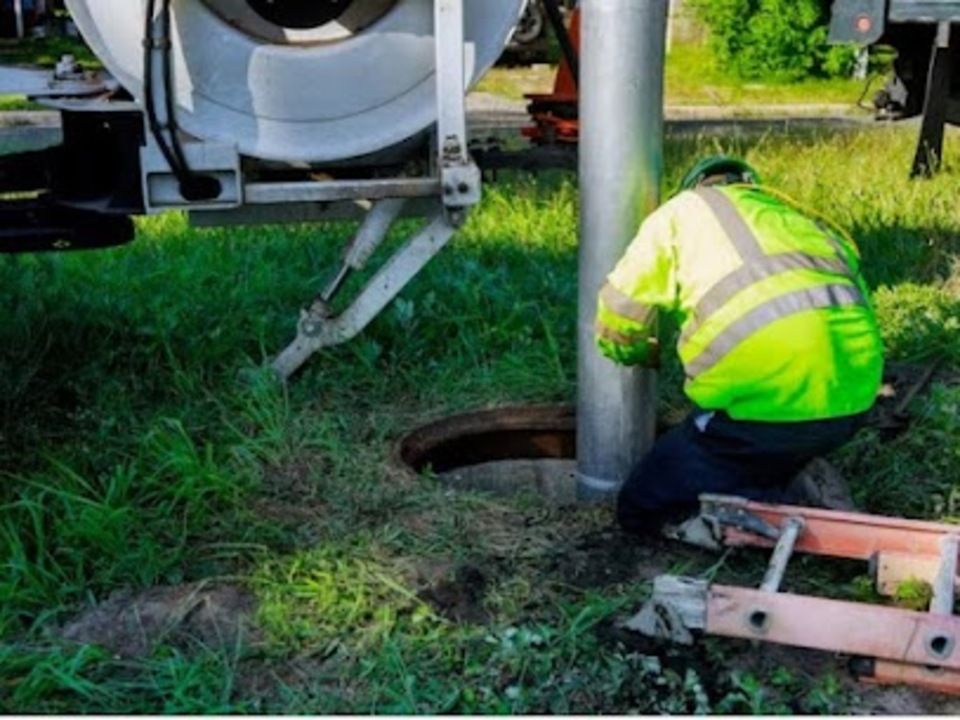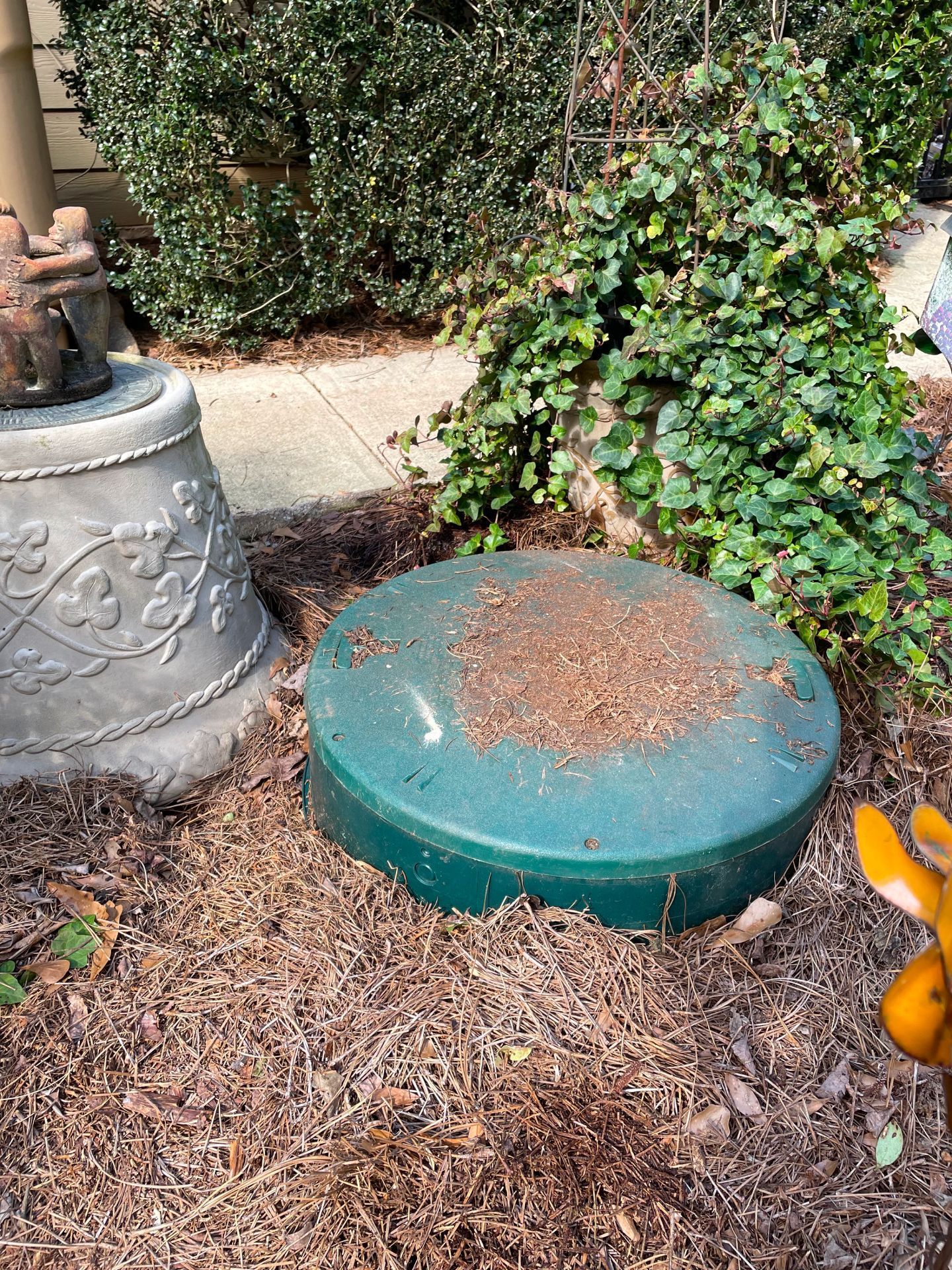Septic System Care: Preparing for Georgia’s Rainy Season
At Alternative Septic Management, we understand the challenges Georgia homeowners face during the rainy season. Our climate, particularly in spring and early summer, brings frequent and sometimes intense rainfall. These conditions can significantly impact septic systems—especially septic alternatives like aerobic treatment units (ATUs). Preparing in advance with proper seasonal septic maintenance is essential to avoid backups, system failure, and costly repairs.
How Georgia’s Rainy Season Affects Septic Systems
When heavy rain saturates the ground, it reduces the soil’s capacity to absorb and treat wastewater. For both conventional and alternative systems, this can result in wastewater surfacing, slow drains, or even contamination of local water sources. Aerobic treatment units are designed to perform better in tough conditions, but even they are not immune to the effects of excessive rainfall if the system is not properly maintained.
Georgia's clay-heavy soil further complicates matters by limiting drainage and slowing infiltration. That’s why regular inspections and smart water management are especially important during the wet season.
Why Preventive Maintenance Is Critical Before Rainy Weather
Rainy weather brings a higher risk of:
- Hydraulic overload, where too much water enters the system at once
- Waterlogging of the drain field, reducing its ability to absorb effluent
- Malfunction of electrical components in ATUs due to water intrusion
- System backups into the home caused by oversaturation
Without preparation, these problems can arise suddenly and lead to serious health hazards, property damage, and expensive emergency repairs.
Common Septic System Challenges During the Wet Season
Drain Field Flooding
When the drain field becomes oversaturated, it can no longer effectively absorb wastewater. This leads to pooling on the surface and the possibility of untreated effluent reaching the environment. Homeowners may notice wet, spongy soil or standing water above the drain field, particularly after a prolonged storm.
Reduced Efficiency in Aerobic Treatment Units
ATUs rely on oxygen to break down waste more efficiently than traditional septic systems. Flooded or waterlogged systems can affect the aerator motor or airflow, disrupting this vital process. If your system includes a timer, float switch, or control panel, excessive moisture can damage these sensitive components.
Infiltration From Rainwater
Cracked tank lids or improper landscaping can allow rainwater to enter the tank, overloading it with clean water that the system wasn’t designed to treat. This contributes to unnecessary strain and inefficiency.
Best Practices To Prepare for the Rainy Season
At Alternative Septic Management, we encourage proactive seasonal septic maintenance. Preparing your system before heavy rains begin can save time, money, and headaches.
Schedule an Inspection
A professional inspection will ensure your entire system is operating efficiently. Our technicians will:
- Check aerator motors and air pumps.
- Inspect control panels and timers.
- Evaluate the drain field’s condition.
- Look for signs of infiltration or surface runoff issues.
Secure All System Components
Ensure your septic tank lid is tightly sealed and intact to prevent rainwater from entering. Replace damaged risers or lids promptly. It’s also a good time to make sure the alarm system on your ATU is working in case of an emergency.
Improve Drainage Around the System
Proper grading is key. If your lawn slopes toward the septic tank or drain field, water may pool in the area. Redirecting downspouts, installing French drains, or regrading the lawn can significantly reduce water intrusion.
Monitor Indoor Water Usage
During periods of heavy rainfall, it's essential to avoid overloading your septic system from the inside. We recommend:
- Staggering laundry loads throughout the week
- Limiting long showers
- Avoiding simultaneous high-water-usage activities
- Promptly repairing any leaking toilets or faucets
Landscaping Tips To Protect Your Drain Field
Maintaining healthy soil around your system is just as important as what happens inside the tank.
Use Septic-Safe Ground Cover
Choose grass or shallow-rooted native plants that help reduce erosion while allowing proper evaporation and transpiration. Avoid trees or shrubs with deep roots that can invade pipes or tanks.
Avoid Heavy Traffic in the Area
Driving over or placing heavy equipment on a wet drain field can compact the soil and disrupt the system's ability to treat wastewater. Keep foot traffic, vehicles, and large structures away from this zone.
How To Monitor Your System During and After Storms
Regular monitoring helps catch small problems before they become big ones. After any significant rainfall:
- Walk the property and check for standing water or soggy areas near your tank or drain field.
- Note any strange odors or gurgling sounds in plumbing.
- Check your ATU control panel for alarms or error messages.
If you notice anything unusual, it’s time to call for professional service.
When To Call Alternative Septic Management
While preventive measures go a long way, sometimes professional intervention is necessary. Reach out to our team if:
- Your alarm system is activated
- You notice surfacing effluent or strong sewage odors
- Your drains slow significantly after rain
- You haven’t had your system inspected in over a year
We provide specialized maintenance for alternative systems, including ATUs, with a focus on seasonal performance. Our team is equipped to assess and address weather-related challenges and ensure your system is prepared for whatever Georgia’s climate brings.
Rely on Alternative Septic Management to Weather the Storm
At Alternative Septic Management, we’re committed to helping Georgia homeowners protect their alternative septic systems year-round. Our expert team offers inspections, aerator maintenance, landscape grading recommendations, and system upgrades tailored to your property’s unique needs.
Don’t wait for the next downpour to test your system. Let us help you take the right steps now to ensure peace of mind and system performance during Georgia’s rainy season.
Schedule your seasonal septic system inspection today. Give us a call at 404-788-3474 or contact us online to prepare your system for heavy rains and keep your property safe, dry, and fully functional.

